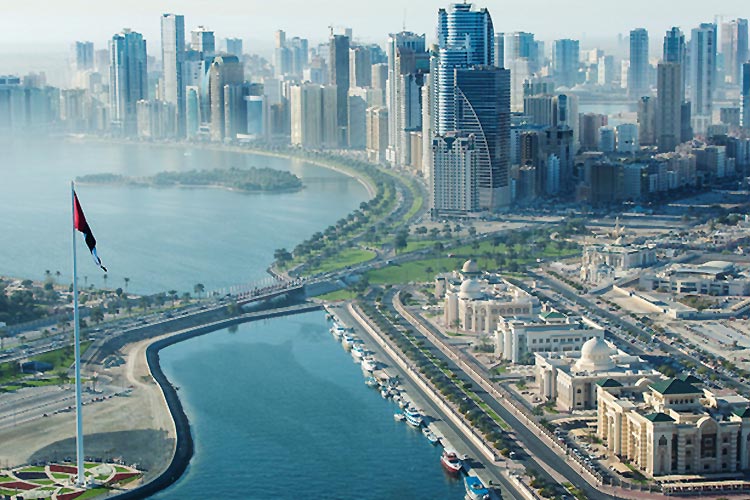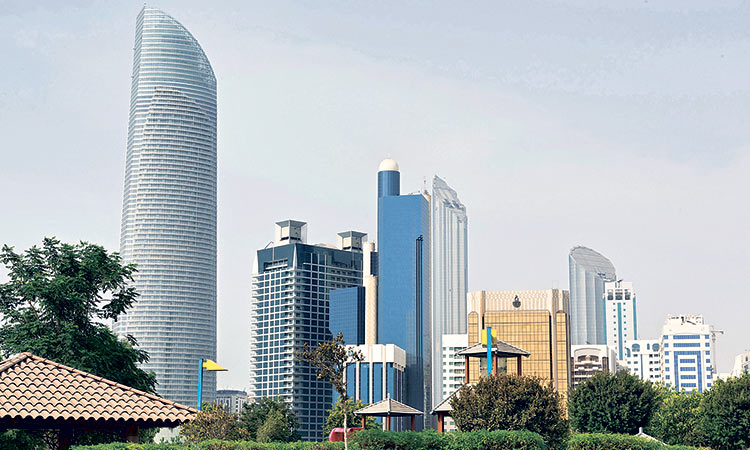
Amid the all-encompassing gloom created by the overarching, nasty spell of the coronavirus, there is a silver lining. Doomsayers of money will have to do a rethink now, at least where one Gulf country is concerned: the United Arab Emirates.
Thanks to the remarkable resilience of the nation, shored up with strong support from the leadership, the UAE’s financial wealth hit a cracker of a milestone in 2020: $600 billion.
That is because its financial wealth grew by a Compound Annual Growth Rate (CAGR) of 3% from 2015.
Sixty-nine per cent of the $600 billion is investable.
A new report by Boston Consulting Group (BCG), titled ‘Global Wealth 2021: When Clients Take the Lead’, reveals that despite the host of challenges facing the UAE, its wealth segment has not been groaning under the weight of the pandemic. “The National Agenda has driven economic activity, empowering the country to operate in an economy that continues to become increasingly global. As a result, growth in wealth has been recorded despite the mass disruption, placing the UAE in a favourable position for the years ahead,” said Mustafa Bosca, Managing Director and Partner at BCG.

The UAE, which represented 26% of the Gulf Cooperation Council’s (GCC) financial wealth in 2020, is expected to witness strong growth of 4% CAGR to reach $700 billion by 2025, a $100 billion increase from 2020. Meanwhile, the region’s financial wealth is forecast to reach $2.7 trillion in 2025 from $2.2 trillion in 2020.
A spotlight on onshore asset allocation shows that equities and investment funds (47%) accounted for the largest proportion of assets in 2020. Looking ahead, the allocation of onshore assets is set to change slightly by 2025, with currency and deposits expected to take the larger share of onshore assets amounting to 47% of the overall onshore asset class in the UAE.
The changing landscape of the wealthy in the UAE
BCG’s report also shows the UAE’s changing dynamics of the wealthy in the coming years, with the rise of the next-generation affluent and high-net-worth clients. These individuals, between 20 and 50 years of age, have longer investment horizons, a greater zeal to take chancy stunts, and often a desire to use their wealth to create positive societal impact and earn solid returns.

Greater economic laurels have led to a rise in the number of the affluent. Unlike other countries, the wealth of the nation is not concentrated in a few. “Rather the nationwide wealth has been distributed among more members of the population, and, likely, client demands and expectations will also shift as wealth demographics continue to experience change. As such, those responsible for local wealth management will be tasked with tailoring their offerings to local needs or younger wealth segments with heightened proactivity in due course,” said Mohammad Khan, Partner at BCG.
To win the new segment of the next-generation segment, wealth managers must bring a bold and new digital business model to life. The five pillars of the new digital model include:
• Supercharged Relationship Management: All of the legwork is done with the use of technology and relationship management to become the key support in the digital conversion funnel
• Contextual and Consumable Learning: Streamlined, gamified, 100% digital content, placed strategically to nudge conversion
• Smarter User And Experience Design: Simple to use platforms, enriched with tools and simulators that clients can play with
• Simplified Pricing: Hybrid model combining asset-based pricing with flat subscription fees• Democratised Access To “Haute” Investments: Customisable discretionary mandates, and scale-down of (U)HNWI products
GulfToday












